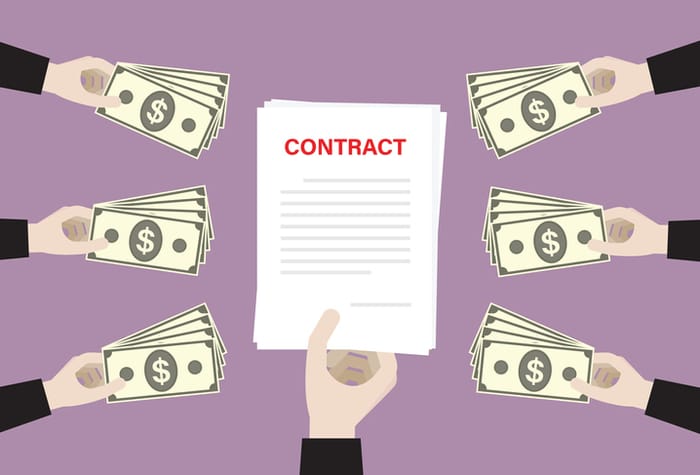Home Sellers How to Pick the Best Offer on Your Home

Considerations for Picking the Best Offer on Your Home
In the best home selling circumstances, you will recieve multiple offers on your home. Though it's believed that the highest bid is the best, that's not always the case. So let's take a look at other factors to consider before settling on an offer.
Contingencies
Contingencies are events that must happen within a specific time frame for a closing to occur. Most buyers will include several contingencies with their offer. Common contingencies include:
- Inspection contingency: Protects the buyer and allows them to back out if a major problem is found during a home inspection.
- Financing contingency: Protects the buyer in case they cannot secure a mortgage in time.
- Appraisal contingency: Protects the buyer if the home appraises for less than the offer amount.
Pre-Approval
A buyer's pre-approval ensures the seller that the buyer will be able to secure a loan. However, a pre-approval is not the same as a pre-qualification. A pre-approval is a more thorough process of the buyer's finances, credit score, and past payment history to guarantee the ability to acquire a loan from a lender. A buyer who makes an offer with a pre-approval letter is a safer choice than a buyer without one.
Loan Type
There are various types of mortgages, with some being easier to obtain than others. For example, an FHA loan often requires the home to meet specific safety standards in certain areas, including roofs, water heaters, electrical, and more. Depending on the loan type, the closing process could cost more and take longer to complete.
All-Cash Offers
Though rare, cash offers do occur but are usually lower than those backed by loans. Cash offers are appealing to sellers as there is no need for bank approval to finance. Also, cash offers are typically much quicker, so if you're looking for a quick sale, you may choose to accept a cash offer.
 Closing Costs
Closing Costs
You may obtain a high offer from a buyer asking you to pay for their closing costs. Closing costs typically range between 2 and 5 percent of the purchase price and include the underwriting fee, credit report costs, title insurance, and more. So be sure to factor in the closing costs of any offer.
Repair Requests
If your home needs some maintenance repairs, but you don't have the time or money to do them, an appealing offer could come from a buyer who will do them for you. However, other buyers may request that you fix specific or all repairs. Consider the costs of repairs and whether you are willing to accept an offer where you'll need to address those repairs in a timely manner.
Appliances and Furniture Requests
Are you planning to take your furniture and appliances with you when you move? Some buyers may put a higher offer on a home where those items are staying. So, suppose you plan on purchasing new furniture. In that case, an offer with those items included could actually relieve the stress of moving large furniture while still being reimbursed for leaving them behind.
Closing Timeline
If you need extra time to move, an offer with an extended closing timeline could be beneficial. On the flip side, if you're looking for a quick sale, you'll want a buyer who is eager to close. Keep the closing timeline in mind so that you don't find yourself moving twice if a buyer moves in too quickly.
You could find yourself with multiple offers in today's seller's market. Keeping these considerations in mind, thoroughly analyze the different offers to find the best one for you. Need help selling your home? Contact a HomeHunt professional today to connect with a top agent.